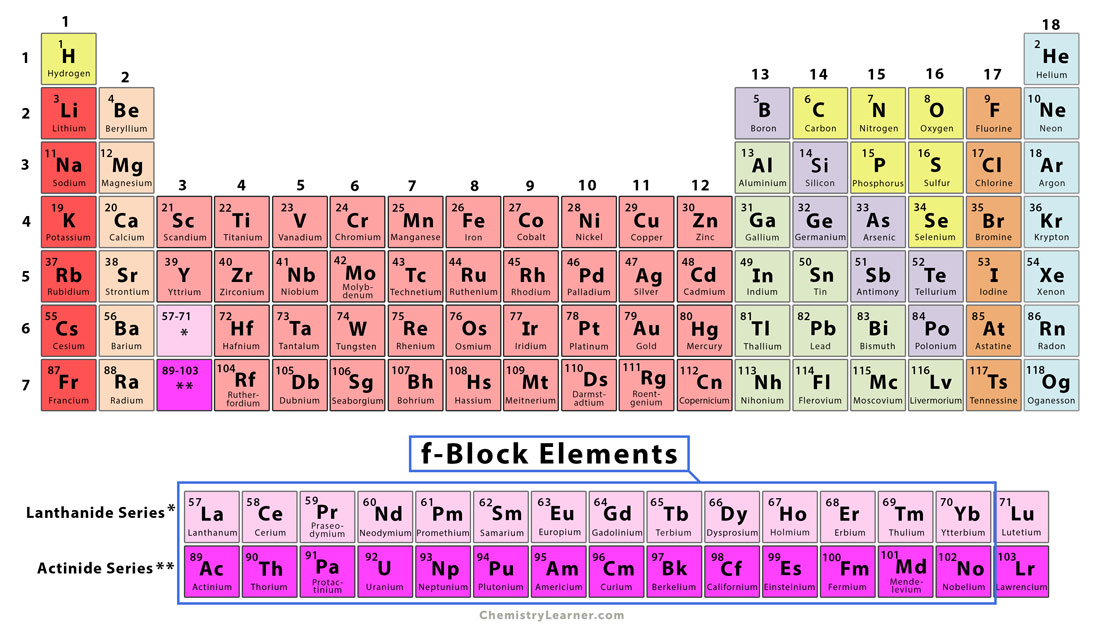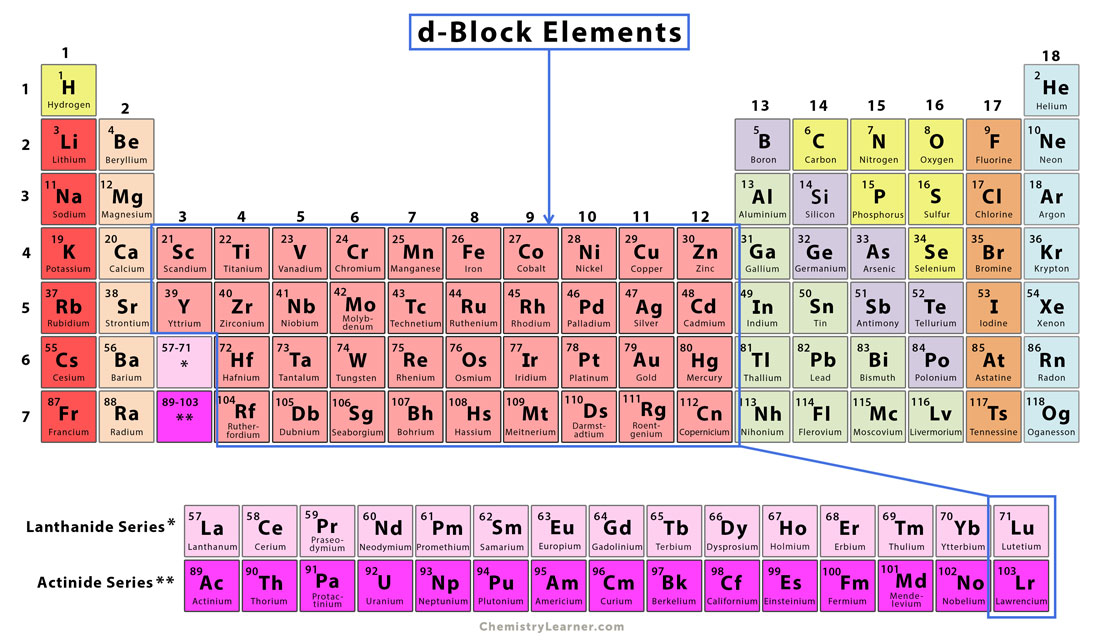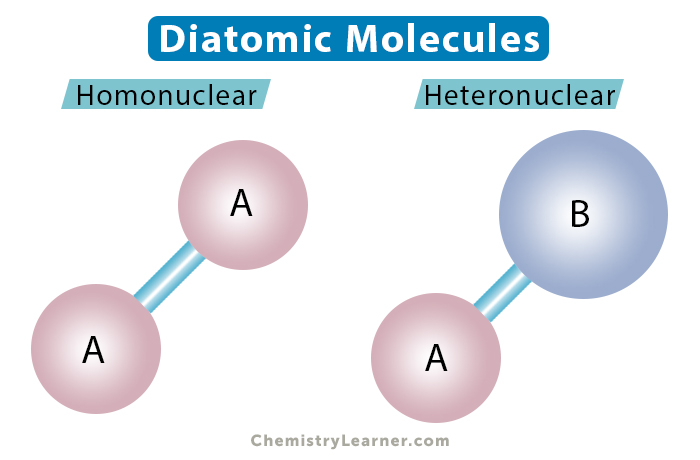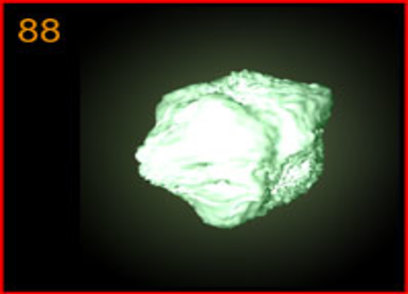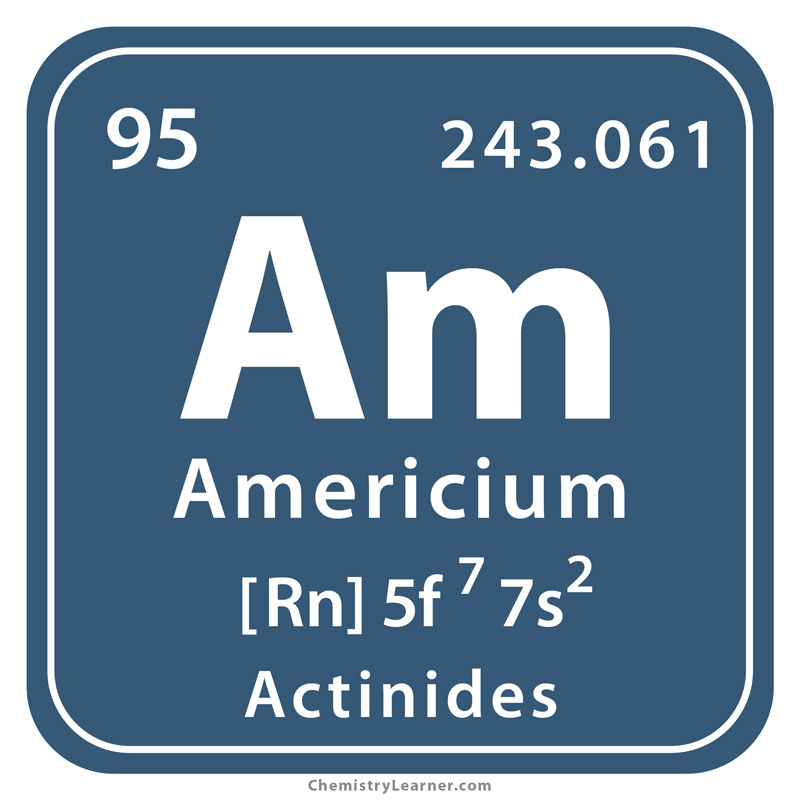Thorium
What is Thorium
Thorium (pronounced as THOR-ee-em) is a less radioactive metal that belongs to the family of actinides and denoted by the chemical symbol Th [1]. Out of its thirty-two isotopes, thorium-230 and thorium-232 are the most stable ones with a half-life of 7.54×104 years and 1.4×1010 years, respectively, where the latter decays into radium-228 through alpha decay or spontaneous fission [2, 5].
Where is it Found
Up to 12% of the element exists in monazite (Mt) ores in the form of thorium phosphate from where it’s mined. Its abundance is attributed to the presence of 16 million tones of Mt resources around the world out of which 12 million tones form heavy mineral sand deposits on the east and south Indian coasts [6].
History
How Did it Get the Name: Its name is derived from Thor, the Scandinavian god of war and thunder [1].
Who Discovered it: Jöns Jakob Berzelius was the discoverer of the metal [1].
When and Where was it Discovered
In 1829, Berzelius at the Royal Karolinska Institute, Stockholm, isolated a new metal from a rock sample that was sent to him by a mineralogist called Reverend Hans Morten Thrane Esmark who found it near Brevig. He even heated thorium fluoride with potassium to produce a sample of the same metal and named it as thorium. The rock mineral found by Esmark was later discovered to be thorium silicate (thorite) [1, 2].
Thorium Identification |
|||
|
Atomic number |
90 [1] | ||
|
CAS number |
7440-29-1 [1] |
||
|
Position in the periodic table [1] |
Group |
Period |
Block |
|
Actinides |
7 |
f |
|
Properties and Characteristics of Thorium
General Properties |
||
| Relative atomic mass | 232.038 [1] | |
| Atomic mass/weight | 232.038 atomic mass units | |
Physical Properties |
||
| Color/appearance | Grayish white [3] | |
| Melting point/freezing point | 1750°C (3182°F) [1] | |
| Boiling point | 4785°C (8645°F) [1] | |
| Density | 11.7 g/cm3 [1] | |
| Natural state at standard room temperature (solid/liquid/gas) | Solid [1] | |
Chemical Properties |
||
| Flammability | Highly flammable [3] | |
| Oxidation state/Oxidation number | +2, +3, +4 [1] | |
Atomic Data of Thorium (Element 90)
| Electron configuration (noble gas configuration) | [Rn] 6d27s2 | ||||||
| Quantum Numbers | |||||||
| – n | 5 [10] | ||||||
| – ℓ | 3 | ||||||
| – mℓ | -2 | ||||||
| – ms | +1/2 | ||||||
| Atomic structure | |||||||
| – Number of Electrons | 90 [5] | ||||||
| – Number of Neutrons | 142 | ||||||
| – Number of Protons | 90 | ||||||
| Radius of atom | |||||||
| – Atomic Radius | 2.45 Å[1] | ||||||
| – Covalent Radius | 1.90 Å[1] | ||||||
| Ionization energy [1]
(kJmol-1) |
1st | 2nd | 3rd | 4th | 5th | 6th | 7th |
| 608.504 | 1148.2 | 1930 | 2778.8 | – | – | – | |

Thorium Bohr Model
What is Thorium Used for
- It is used as an alloying agent in magnesium to increase strength and creep resistance at a higher temperature required in the making of aircraft engines [1, 4].
- The element is coated over tungsten filaments used in electronic devices such as television sets [2].
- It is sometimes applied in the making of jewelry such as rings.
- Thorium-229 might be useful in the treatment of cancer and infectious diseases even though no studies have been conducted to support its applications in the field of medicine [7].
Dangers and Health Hazards
Prolonged exposure or accidental inhalation/consumption may result in severe toxicity. If the radioactive metal enters the eyes or comes in contact with skin, it causes severe irritation [3].
Interesting Facts
- Thorium-232, when targeted with neutrons, undergoes a series of beta decays to form uranium-233 that might be useful as a nuclear fuel in the future to power nuclear reactors [1, 2, 6,].
- In 1898, the radioactivity of Th was first shown by Gerhard Schmidt, an organic chemist, and later confirmed by Marie Curie [1].
Thorium Price
The costs of the element may vary somewhere between $130 and $160 [8].
References
- http://www.rsc.org/periodic-table/element/90/thorium
- https://education.jlab.org/itselemental/ele090.html
- https://pubchem.ncbi.nlm.nih.gov/compound/thorium#section=Experimental-Properties
- https://www.chemicool.com/elements/thorium.html
- https://education.jlab.org/itselemental/iso090.html
- http://www.world-nuclear.org/information-library/current-and-future-generation/thorium.aspx
- Epa.gov
- http://hobart.k12.in.us/ksms/PeriodicTable/thorium.htm
- https://whatisnuclear.com/thorium.html
- http://chemistry-reference.com/q_elements.asp?Symbol=Th&language=en






